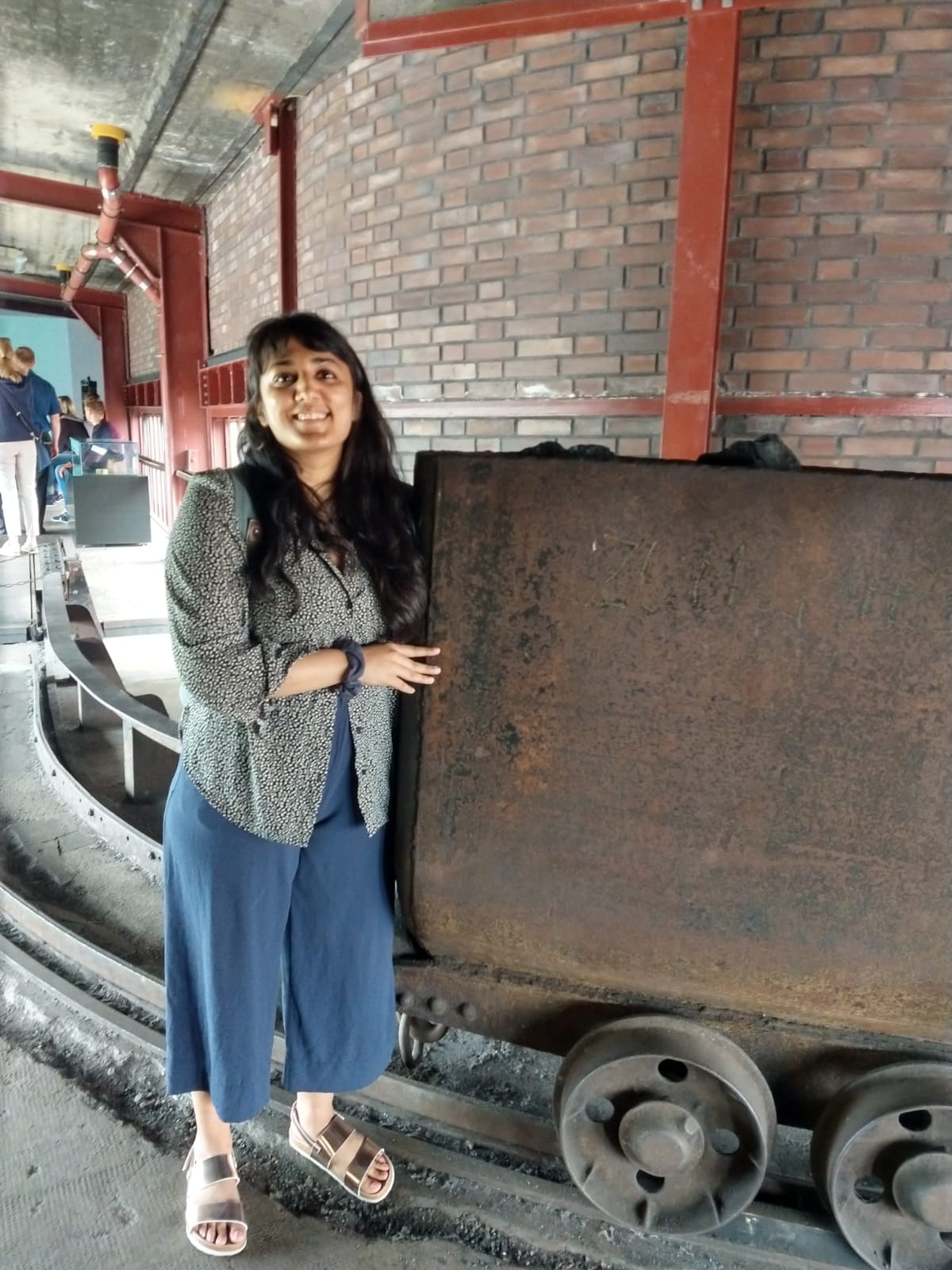
Pooja Ramamurthi is a 2022 Young Summer Scientist Program (YSSP) participant. This summer, she is exploring the fascinating intersection between energy consumption, social norms and attitudes, and cultural differences.
Global energy transitions require collective efforts. While coordinated action by government and industry is pivotal in ensuring a fair and socially equitable shift to sustainable economies, changes in individual behavior are equally important. If we want to mitigate climate change, much boils down to how we go about our everyday lives: Which modes of transport do we use? What kind of food lands on our plates? How do we keep our homes warm in winter and cool in summer (a question currently hotly debated in Europe)?
Pooja Ramamurthi is an engineer turned social scientist and is currently in the fifth year of her PhD at Princeton University in the US. She explains that current research on energy behavior suffers from two shortcomings: an over-emphasis on economic factors and a focus on the Global North.
 © Pooja Ramamurthi
© Pooja Ramamurthi
“In the literature, the focus has almost entirely been on western countries, the underlying assumption being that people in the Global South just adopt their technology and behavior,” Ramamurthi says. “Not only are these very different cultures, but many technological solutions do not work in these contexts.”
She wants to broaden the scope of models and scenarios on energy consumption beyond standard parameters like age, education, and income. As part of her YSSP project, Ramamurthi is investigating how cognitive factors relate to appliance ownership in the US and India, using data based on household surveys. She hopes to continue her collaboration with IIASA by integrating these factors into energy models like the MESSAGEix framework.
“What makes people buy an air conditioner? Of course, monetary aspects like your annual income and the cost of a new appliance are important. However, norms and beliefs play a significant role – for example, environmentalism. So do status considerations. People look at their neighbors. Like cars, they might buy an AC or a dishwasher to signal social status,” she adds.
While air conditioners are likely to become more widespread in Europe, AC ownership differs starkly between India and the US. Almost 90% of American households reported owning an AC in 2019, compared to only 18% in India. Undoubtedly, this is in large part due to differing wealth and income levels. However, Ramamurthi says looking at higher income brackets might help disentangle the relationship between appliance ownership, demographic characteristics, and social norms.
“In the US, there is saturation regarding appliances like air conditioners, fridges, or microwaves, while in India, we see a lot of variation. Many households don't have an air conditioner, even the more affluent ones,” she notes. “When you are poor, you get by day-to-day, and the environment is not your priority. However, you start having choices once you reach a certain income level and lifestyle. The literature calls this avoid, shift, or improve: Do I buy a new appliance? If so, do I buy an energy-efficient one? Are these decisions purely income-related effects, or do they signal a turn towards more postmaterial values? We are trying to understand these dynamics better.”
In another strand of research, Ramamurthi studies how environmental attitudes and climate-conscious behavior relate to people’s political preferences. It has long been established that conservative voters in the US are much less likely to perceive climate change as a threat and support policies aimed at mitigating its effects (generational differences notwithstanding). However, perhaps counterintuitively, eco-consciousness aligns more readily with right-leaning politics on the Indian subcontinent. Ramamurthi believes this is partly due to the ramping up of environmental rhetoric in recent years, despite mixed evidence on actual policies.
“People with a stronger sense of national and ethnic pride in India tend to have stronger feelings about green energy and decarbonization. The Indian government strongly emphasizes energy efficiency and renewable energy. This shows once again that you can’t just apply western principles to India,” she says.
But, can principles and ideas travel the other way? When asked what the Global North can learn from the South in terms of energy behavior, Ramamurthi, who has worked in Cambodia, Ghana, India, and Thailand has an answer.
“We use nature a lot more, for example, in the way we build our houses or for ventilation. It is great that technologies like clothes dryers exist, but there are more natural, less energy-consuming alternatives. People in the industrialized world have this technocratic tendency. They have ten appliances performing ten tasks instead of applying one thing creatively in ten different ways. We have a term in India called jugaad: instead of acquiring new things, make more use of what you already have. Be innovative.”
Note: This article gives the views of the author, and not the position of the Nexus blog, nor of the International Institute for Applied Systems Analysis.